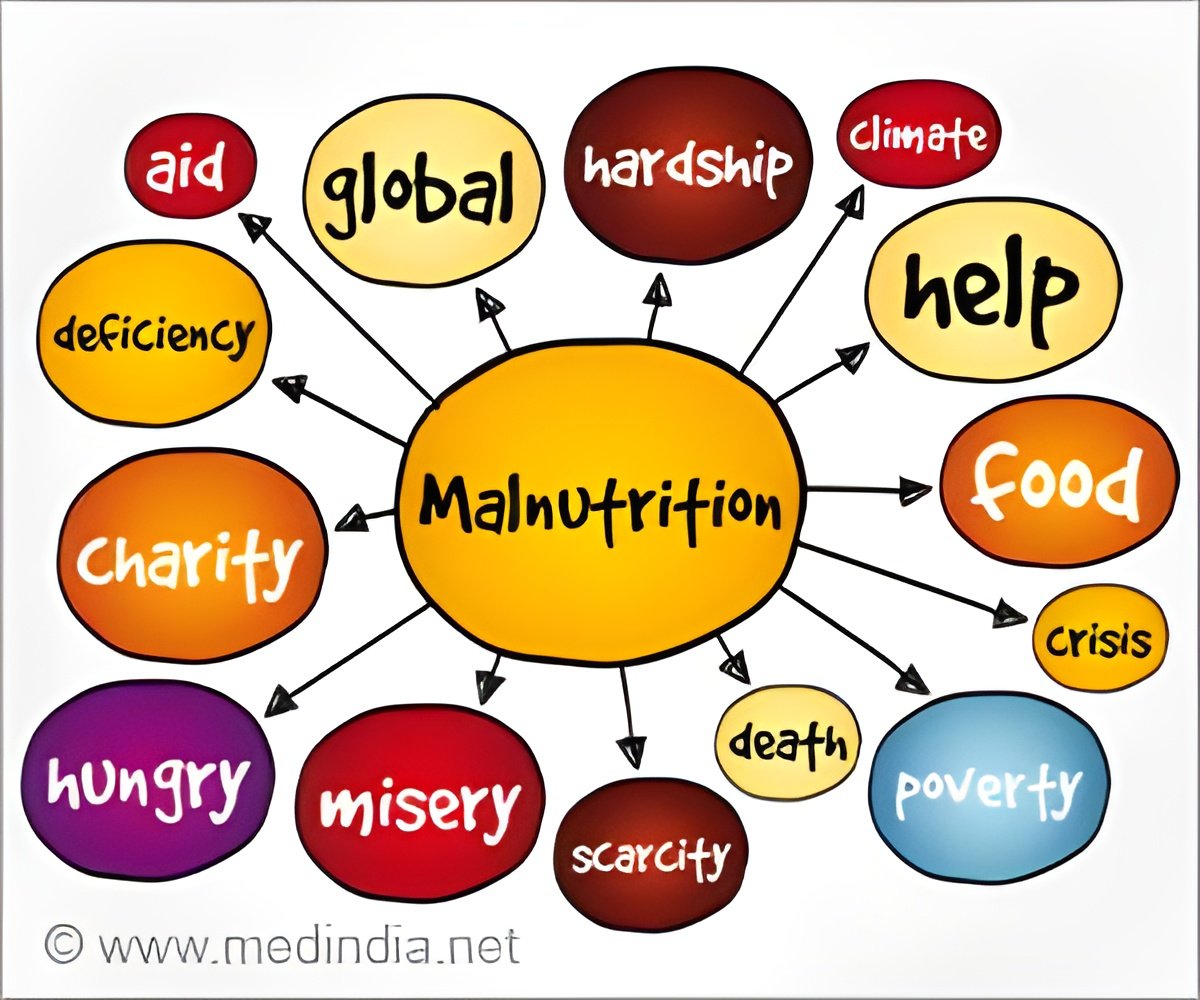Over half of the global population lacks essential micronutrients, risking adverse health outcomes. The study highlights gender disparities and global dietary inadequacies.

Billions worldwide consume inadequate levels of micronutrients critical to human health
Go to source) Published in The Lancet Global Health on August 29, the study sheds light on the widespread nature of micronutrient deficiencies—a major form of malnutrition worldwide—and their significant health implications.
‘Over 65% of the world’s population lacks vital nutrients like calcium, iron, and iodine. #nutritioncrisis #medindia’





The Consequences of Micronutrient Deficiencies
Micronutrient deficiencies are a leading cause of malnutrition across the globe, each contributing to a range of adverse health outcomes. These can include complications during pregnancy, impaired vision, and increased vulnerability to infectious diseases. While previous studies have estimated the availability and consumption of micronutrients, this research goes further by assessing whether people's intake meets the recommended levels for maintaining health. It also provides detailed insights into the specific inadequacies affecting males and females throughout different stages of life."Our study marks a significant advancement," stated Chris Free, co-lead author and research professor at UCSB. "It’s not only the first to estimate inadequate micronutrient intakes for 34 different age and sex groups in nearly every country, but it also makes the methods and findings accessible to researchers and practitioners globally."
The research team utilized data from the Global Dietary Database, the World Bank, and dietary recall surveys from 31 countries to assess the nutritional intake of populations in 185 countries. Populations were categorized by gender and further divided into 17 age groups, ranging from infancy to over 80 years old. The study focused on 15 essential vitamins and minerals, including calcium, iodine, iron, riboflavin, folate, zinc, magnesium, selenium, thiamin, niacin, and vitamins A, B6, B12, C, and E.
The findings revealed significant global inadequacies in micronutrient intake, with notable deficiencies in iodine (68% of the global population), vitamin E (67%), calcium (66%), and iron (65%). More than half of the global population also consumed insufficient levels of riboflavin, folate, and vitamins C and B6. On the other hand, niacin and thiamin showed relatively better intake levels, with 22% and 30% of the global population, respectively, falling short of the recommended intake.
Gender Disparities in Nutrient Intake
The study also highlighted gender-specific disparities in micronutrient intake. Women were more likely to have inadequate levels of iodine, vitamin B12, iron, and selenium compared to men within the same country and age groups. Conversely, men were found to consume inadequate levels of calcium, niacin, thiamin, zinc, magnesium, and vitamins A, C, and B6 more frequently than women. These gender-based patterns were particularly pronounced among individuals aged 10-30, with calcium deficiency being most prevalent in South and East Asia, sub-Saharan Africa, North America, Europe, and Central Asia.Advertisement
Christopher Golden, the study’s senior author and associate professor of nutrition and planetary health at Harvard Chan School, emphasized the urgency of addressing this issue. "The public health challenge we face is immense, but there is an opportunity for practitioners and policymakers to identify the most effective dietary interventions and focus them on the populations most in need."
References:
- Billions worldwide consume inadequate levels of micronutrients critical to human health - (https://www.hsph.harvard.edu/news/press-releases/billions-worldwide-consume-inadequate-levels-of-micronutrients-critical-to-human-health/)
Source-Medindia












